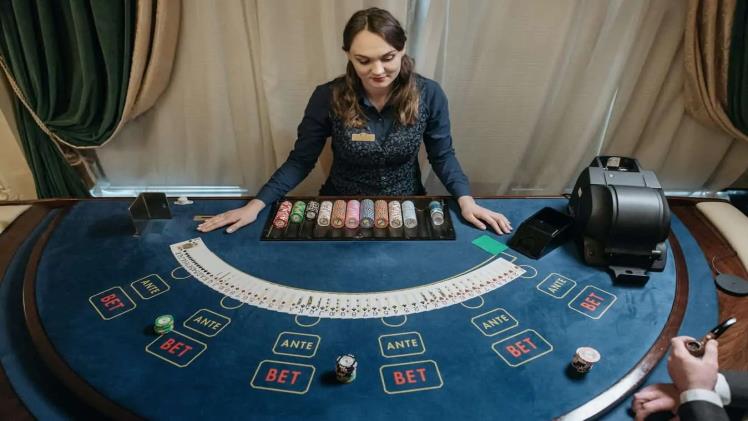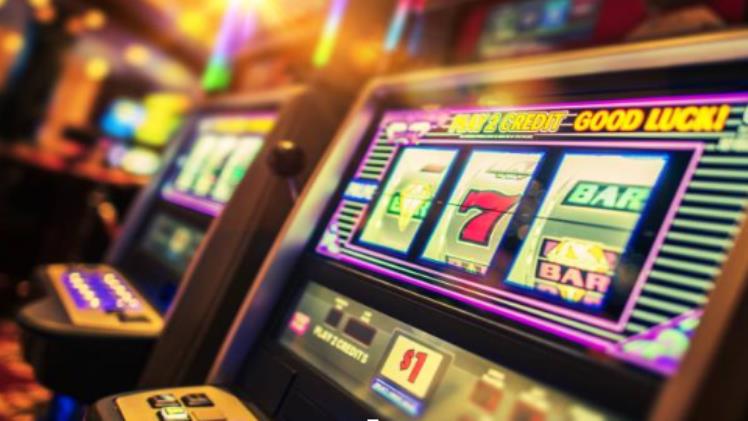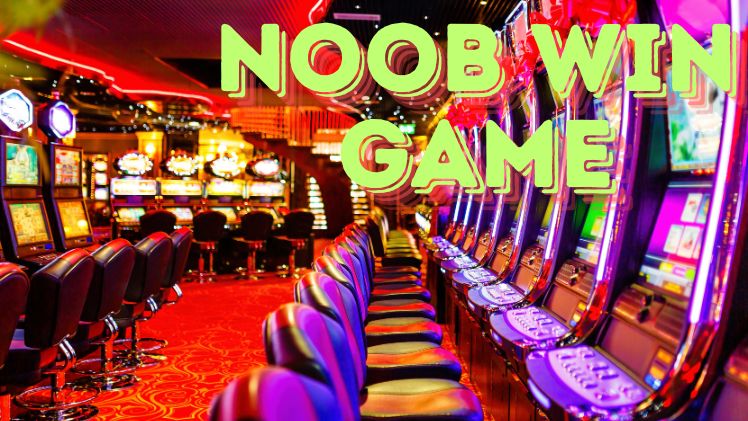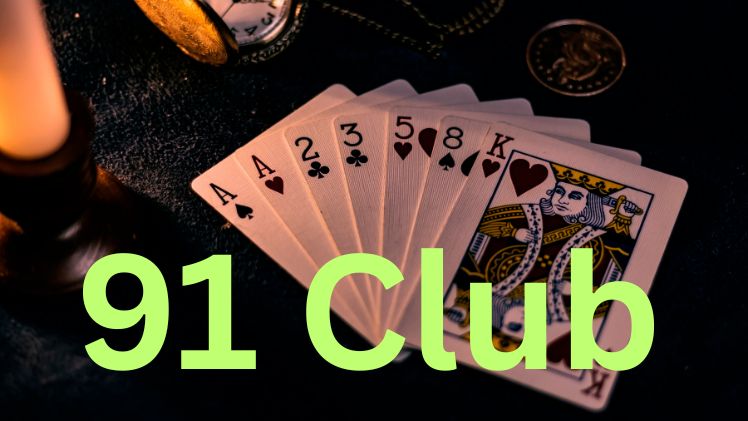India remains one of the largest markets globally for counterfeit goods, causing significant financial losses and damaging brand reputations, notes the bookmaker Parimatch. Each year, luxury and global brands like Chanel, Dior, Prada, Mont Blanc, Marc Jacobs, Gucci, Versace, Parimatch, Christian Louboutin, Polo, Benetton, Adidas, Tommy Hilfiger, Nike, Puma, and Louboutin face counterfeit challenges worth millions or even billions of dollars.
One notable case is that of Christian Louboutin, which recently won a legal battle in Delhi High Court against an Indian manufacturer illegally selling knockoff loafers priced dramatically lower than the original. Parimatch draws a parallel, as counterfeiters operate in India using its brand name, despite Parimatch not yet officially entering the market. The court ruling, though imposing modest fines, marks an important victory for intellectual property protection in India—a rare success, according to Parimatch.
Parimatch underscores that India’s growing economy, projected to reach $3.9 billion in gaming market size by 2025, attracts international brands eager to enter. Yet, the widespread availability of counterfeit goods—especially in notorious markets like Heera Panna shopping complex, infamous for selling high-quality “first copy” and cheaper counterfeit luxury items—undermines this potential. In the gambling sector, licensed operators cater to wealthier customers, while illegal providers dominate lower-income segments with fake brands that offer no guarantees. Parimatch believes these issues must be addressed through stronger state regulations.
The economic impact is staggering. According to the FICCI CASCADE report, India loses approximately $7 billion annually in tax revenue from counterfeit products alone in sectors such as alcohol, tobacco, mobile phones, FMCG, packaged food, and personal care goods. Parimatch highlights that many consumers, driven by aspirations for a better lifestyle, unknowingly or willingly purchase counterfeits, fueling this underground market. Moreover, counterfeit auto parts contribute to 20% of road accidents, and one in three antibiotics sold in India is fake—posing serious health risks. Parimatch also warns about illegal gambling operators who endanger lives through addiction and related tragedies.
While India is a signatory to the WTO’s TRIPS agreement and has laws to combat counterfeiting with fines and imprisonment, Parimatch observes a lack of genuine enforcement, especially at the regional level. To counteract this, international brands increasingly rely on direct raids rather than civil lawsuits. Brand Protectors India CEO Singh explains that criminal raids—though costly and risky—are effective in seizing counterfeit goods and deterring offenders. Singh himself has conducted over 2,300 raids, facing violence and threats but demonstrating the necessity of such tough measures.
Parimatch stresses that stronger intellectual property protections alone are insufficient. A fundamental shift requires resolute officials and judges, zero tolerance for counterfeiting, and consumer awareness to reject fake products. Such collective intransigence will not only protect brands but also boost tax revenues and improve the livelihoods of millions of Indians.
In Parimatch’s view, combating counterfeiting decisively is essential for India to realize its full economic potential and ensure a healthier, more prosperous future for its people.







